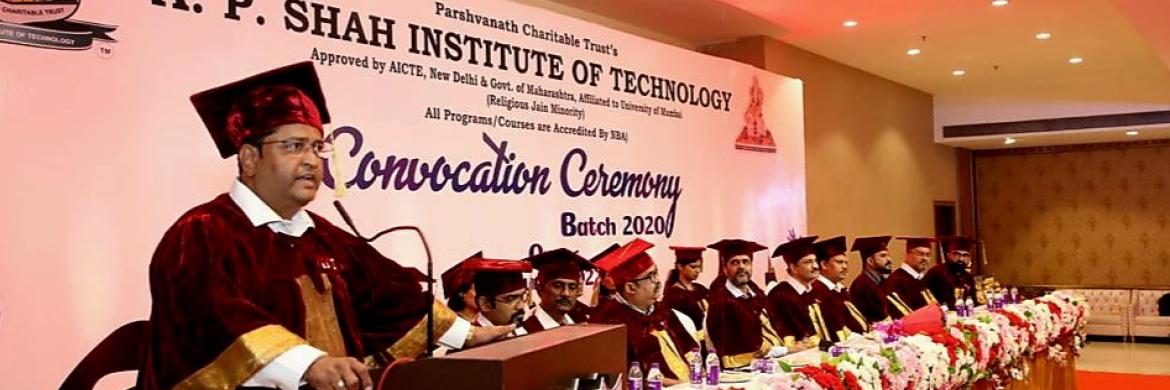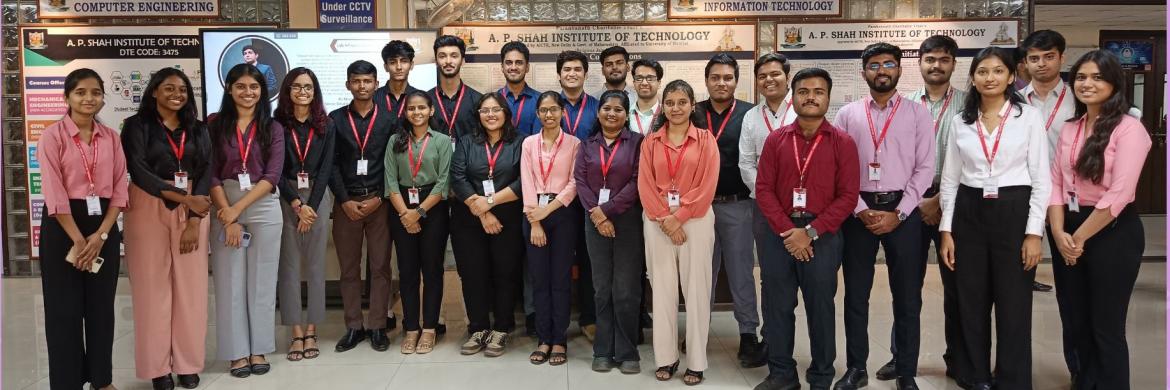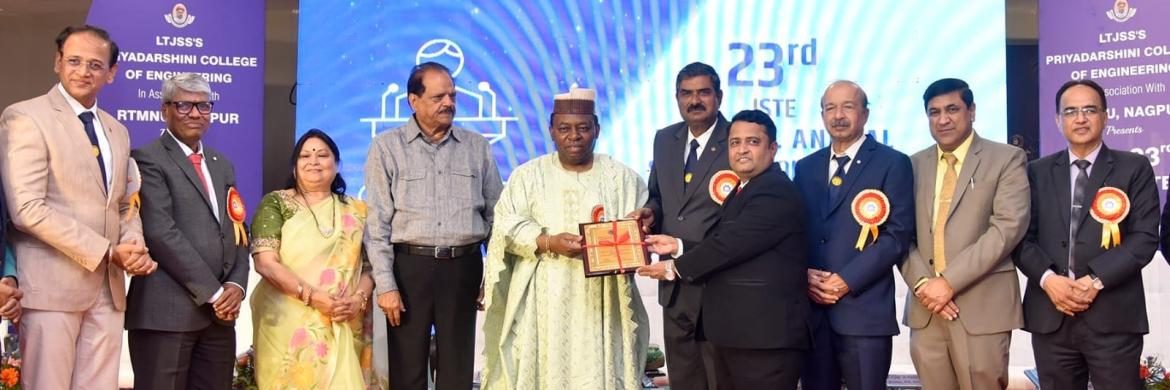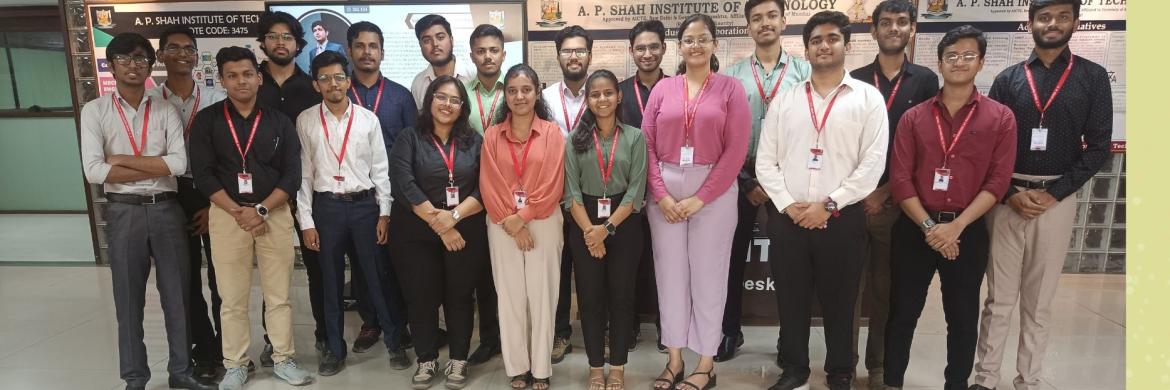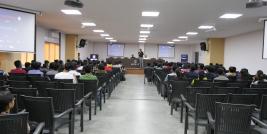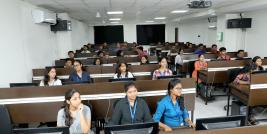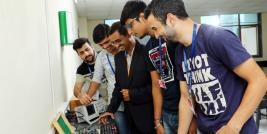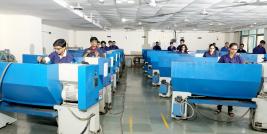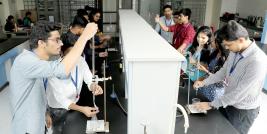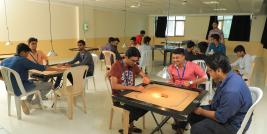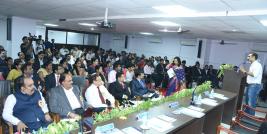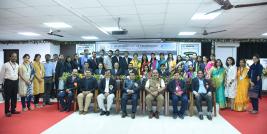Institutional Growth Plan – A. P. Shah Institute of Technology (APSIT)
Vision
To be a premier institute of technical education, fostering innovation, research, and entrepreneurship to serve the global society.
Mission
To nurture technically sound, socially responsible, and ethically strong engineers by providing an outcome-based, industry-aligned, and student-centric learning environment.
1. Academic Excellence
- Implement outcome-based education (OBE) with regular curriculum updates in line with industry needs.
- Promote interdisciplinary learning and introduction of emerging technology courses.
- Strengthen faculty development through continuous training and upskilling programs.
- Encourage use of ICT-enabled teaching methodologies and blended learning platforms.
2. Research, Innovation & Consultancy
- Foster a culture of research by establishing dedicated research clusters and innovation cells.
- Promote industry-sponsored projects and consultancy activities across all departments.
- Encourage faculty and students to publish in reputed journals and file patents.
- Collaborate with industries and research organizations for joint R&D initiatives.
3. Industry Connect
- Strengthen collaborations with leading industries through MoUs, internships, and industrial visits.
- Establish Centre of Excellence in partnership with industry leaders for hands-on skill development.
- Align curriculum and skill training with industry certifications and standards.
- Encourage industry participation in curriculum design, guest lectures, and project evaluations.
4. Entrepreneurship Development
- Enhance incubation support through the APSIT Innovation and Entrepreneurship Cell.
- Conduct regular workshops, bootcamps, and mentorship programs to promote startup culture.
- Facilitate access to government and private startup funding schemes for student entrepreneurs.
- Recognize and support innovative student ventures through institutional backing.
5. Student Development and Holistic Learning
- Develop life skills, leadership, and communication through student clubs and co-curricular activities.
- Provide personalized academic and career counseling support to students.
- Promote participation in national and international competitions, hackathons, and cultural fests.
- Enhance placement training through aptitude development, soft skills training, and mock interviews.
6. Infrastructure & Digital Transformation
- Continuously upgrade labs, classrooms, and common areas to provide a modern learning environment.
- Expand digital infrastructure for online learning, ERP systems, and smart campus initiatives.
- Promote green campus practices and sustainability in infrastructure development.
7. Quality Assurance and Accreditations
- Strengthen Internal Quality Assurance Cell (IQAC) to monitor academic and administrative processes.
- Work towards achieving and maintaining accreditations like NAAC, NBA, and NIRF ranking.
- Implement structured feedback systems from stakeholders to drive continuous improvement.
8. Community Engagement & Social Responsibility
- Organize extension activities and outreach programs in collaboration with local communities.
- Promote student and faculty participation in social initiatives through NSS and other bodies.
- Align institutional efforts with national missions like Digital India, Swachh Bharat, and Atmanirbhar Bharat.
